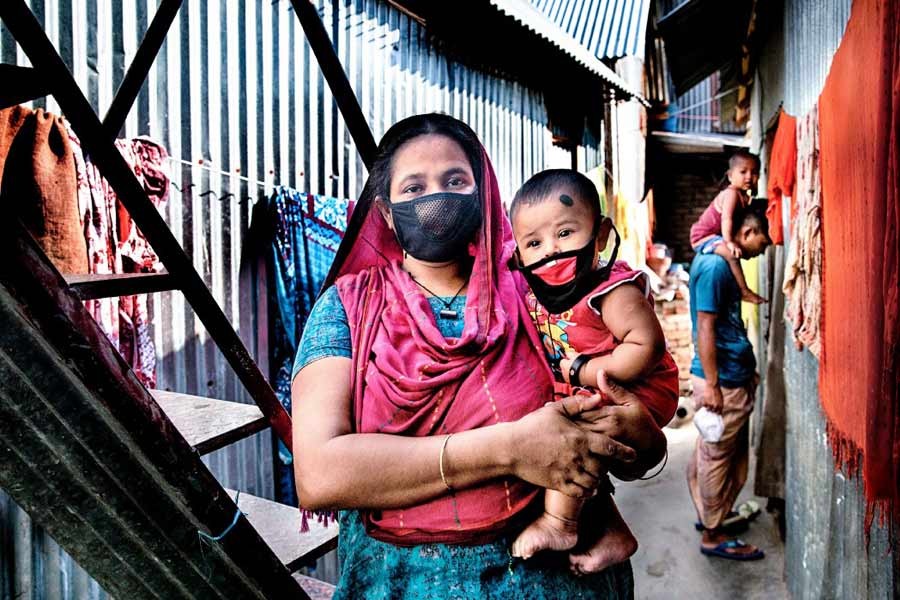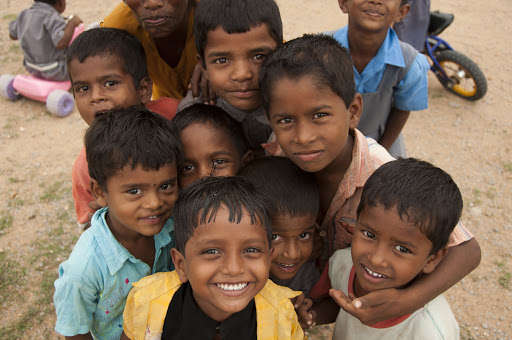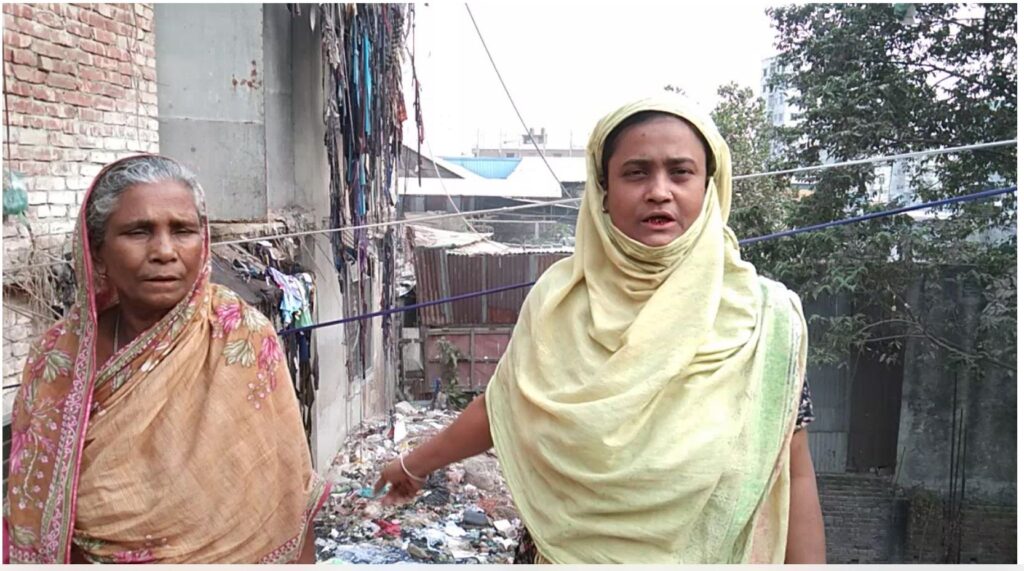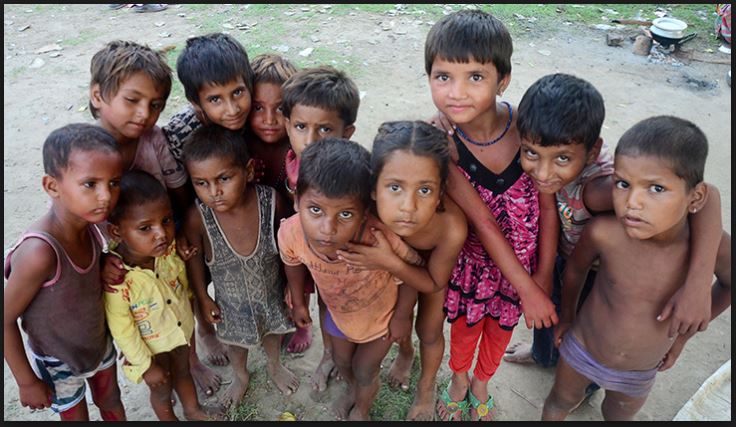
Bangladesh has established itself as a global role model for its remarkable economic growth, substantial achievements in education and public health. Bangladesh is constantly working on major issues like disaster management, reducing inequality, poverty alleviation and a lot more issues. Bangladesh has nearly achieved all of the UN Millennium Development Goals in the areas of health and education. The World Bank has now classified Bangladesh as a lower-middle-income country. Following the growth, rapid urbanization took place, and many infrastructural development projects were undertaken. However, environmental pollution remains one of the major problems of this country, particularly in urban areas.
Dhaka is one of the fastest-growing Mega-Cities in the world. By 2025, it is
predicted to have a population of 20 million people. Every day, the city produces thousands of
tons
of waste.
A significant part of these wastes remains uncollected by the Dhaka City Corporation due to lack
of
priority, inadequate financing and inefficiencies. The majority of these wastes are dumped
illegally
near city slum areas, where they are burned or picked through to be reused or sold.


Unmanaged waste contributes to contamination of land, water and air, as well as the spreading of disease-carrying pests, exposing Dhaka city residents to health risks including diarrhoea, acute respiratory infections, skin problems, and other communicable diseases. Demand for waste management has prompted the creation of community organizations to fill the gap, increasing the overall waste collection services. Despite their efforts, health risks and environmental issues persist because these organizations’ primary focus is mostly on domestic waste collection. Due to a lack of proper waste management policy and regulation, the waste management plan of Bangladesh never had a specific target to fulfil in terms of recycling, recovering, reusing, composting, and final disposal in the form of a landfill. At the national level, environmental pollution does not yet receive the attention it deserves. Despite having several national waste management policies and laws, environmental pollution in Dhaka has continued to rise vividly. The non-compliance of these laws, policies and ordinances, along with the highly centralized and complex nature of city governance and service delivery, creates ‘waste mismanagement’, and has intensified the environmental pollution in Dhaka, especially in the densely populated urban slums.
City wastes are posing a threat to the lives and livelihoods of urban slum dwellers, which is yet another serious issue for the authorities to deal with. There are roughly 4000 slums scattered over Dhaka city, with approximately 6.5 million people living in them. Water pipelines are constructed illegally in the majority of the slums. Because these pipes are typically located near the drainage system, water becomes contaminated with a swarm of bacteria and stinks severely. A single toilet serves around fifteen or more slum dwellers. Moreover, the lack of a well-functioning sewerage system, poor sanitation and scattered wastes of these slums contributes to environmental pollution. Slum-dwellers access to basic government services is denied. The weak voice of the helpless poor and marginalized slum dwellers can’t gain anyone’s attention.
